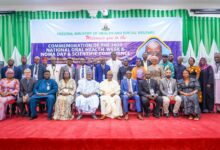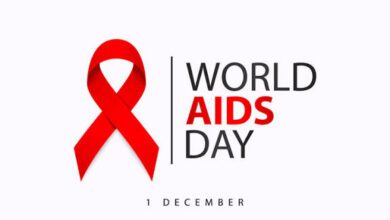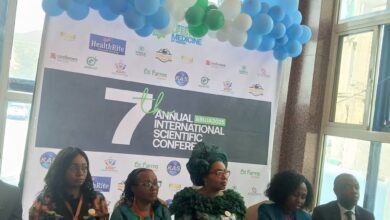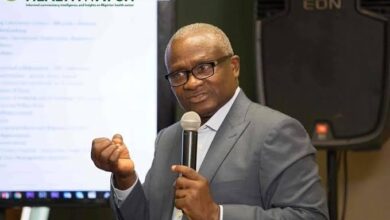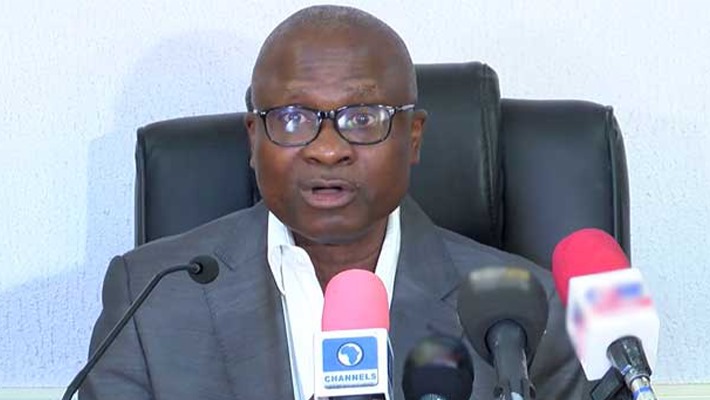
The Nigeria Centre for Disease Control and Prevention (NCDC) has commenced targeted intervention in Bauchi, Ondo, Edo, Taraba, Ebonyi and Enugu states following a spike in Lassa fever cases recorded in them.
Director General of the NCDC, Dr. Jide Idris disclosed this on Monday, at a press conference on Lassa Fever Outbreak, Updates, Preparedness and Response Measures By The NCDC, held in Abuja.
Dr. Idris explained that most Lassa Fever cases emerged from endemic areas, like Bauchi, Ondo, Edo, Taraba Ebonyi and Enugu, underscoring the need for targeted interventions in those states.
According to the DG, “lassa fever remains endemic in Nigeria, posing a significant public health risk across all states. The disease occurs throughout the year, with peak transmission typically recorded between October and May. Outbreaks typically occur during the dry season, when human exposure to rodents is highest.
“Cumulatively this year, we have recorded 9,492 suspected cases, 1,154 confirmed with 190 deaths. Six states make up 89% of the confirmed cases, namely: Ondo (29.7%), Edo (22.7%), Bauchi (17.9%), Taraba (8.8%), Benue (5.6%), and Ebonyi (4%). 10 LGAs (Owo, Etsako West, Esan West, Kirfi, Ardo-Kola, Toro, Ose, Akure South, Jalingo and Idah) accounted for almost 59% of the confirmed cases”.
He informed that there had been an alarming increase in Lassa fever cases and deaths in the last 4 weeks, signaling the outbreak’s severity.
“First, the case fatality rate has consistently remained high, over 13%. We have noted a rise in the number of suspected cases compared to a similar timeline in 2023. This, however, could be attributed to the increased / enhanced surveillance.
“Most cases continue to emerge from endemic areas, like Bauchi, Ondo, Edo, Taraba Ebonyi and Enugu, underscoring the need for targeted interventions in these states.
“These trends therefore demand a coordinated effort to strengthen our response and protect our vulnerable populations. Our goal is to reduce the number of cases and importantly, deaths. In addressing this situation, it is important to highlight the proactive measures taken by the Nigeria Centre for Disease Control and Prevention (NCDC) so far”, he said.
Dr. Idris informed that these efforts demonstrate the Agency’s commitment to preparedness, coordination, and response at all levels.
“We conducted a dynamic risk assessment to determine the appropriate emergency activation level.
“The risk has been categorized as High and Response Level 2 advised, and efforts to be tailored specifically to the states currently experiencing increased case burden”, the DG explained.
Highlighting steps taken in preparation for this outbreak season, Dr. Idris stated that critical medical supplies, infection prevention and control (IPC) materials, and laboratory diagnostic tools and materials were distributed to various states, nationwide.
In addition, “Lassa Fever testing laboratories have been expanded from about 9 to 13, and more will still be upgraded. Shared mitigation activities outlined in the Lassa fever preparedness plan, including advisories with all 36 states and the FCT, focusing on the hotspot states (Edo, Ebonyi, Bauchi, Ondo and Benue)”.
Speaking on efforts made so far to mitigate the outbreak, the DG said, “key prevention messages have been broadcast on local radio and TV stations in these hotspot states: Ebonyi, Bauchi, Benue, and Ondo states, with some of our Partners.
“To address environmental risks, rodent control exercises have been conducted in high-burden states like Edo, Ebonyi, Ondo, and Benue, targeting communities with high case counts by our partner MDAs”.


